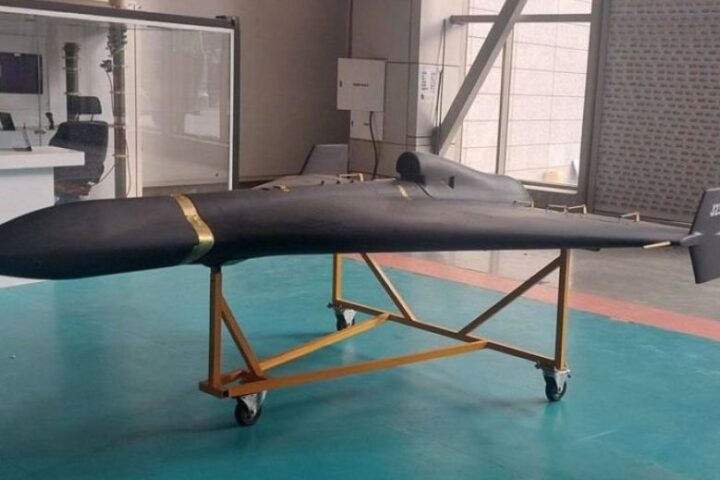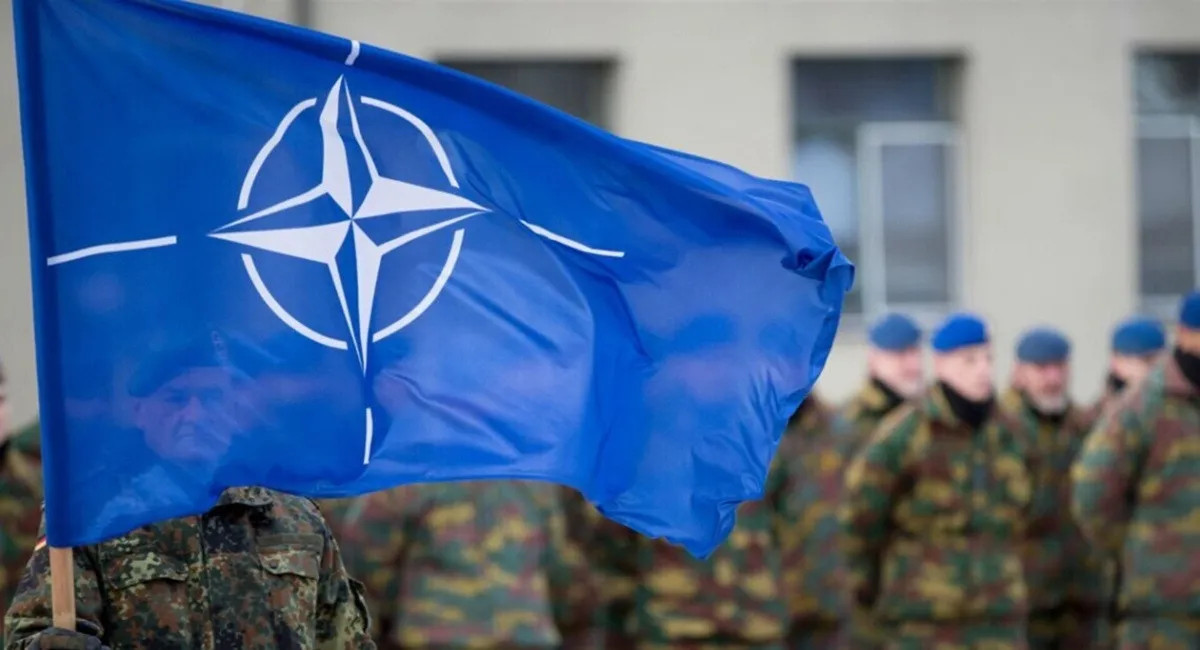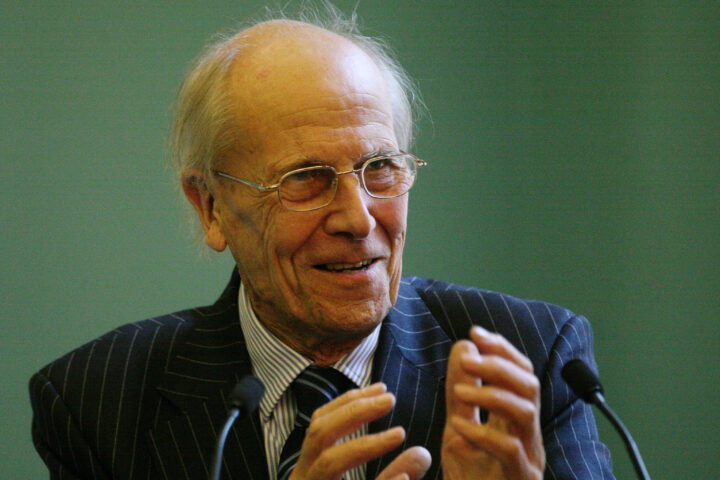Slovak Prime Minister Robert Fico said on September 11 that his government will not approve the 19th package of European Union sanctions against Russia unless Brussels meets Bratislava’s demands. The statement mirrors an earlier standoff when Slovakia delayed adoption of the 18th sanctions package. Fico’s position was confirmed following his talks with European Council President António Costa, where he outlined conditions for any further restrictive measures.
Climate and energy conditions tied to support
Fico insisted that Slovakia would only back new restrictions if the EU presents realistic proposals on aligning its climate targets with the needs of the automotive and heavy industries across Europe. He also demanded measures to contain rising electricity prices throughout the bloc. Without these commitments, Bratislava will continue to block approval of the sanctions package, the prime minister warned.
Doubts over sanctions and rejection of military aid to Ukraine
The Slovak leader voiced skepticism that EU sanctions are capable of changing Moscow’s behavior. He reiterated his opposition to providing military assistance to Ukraine, a position that has set him apart from most EU partners. Fico and Hungarian Prime Minister Viktor Orbán remain the only EU leaders who maintain regular contact with Russian President Vladimir Putin, despite Russia’s ongoing war against Ukraine.
Slovakia’s energy dependence and political positioning
Slovakia continues to rely heavily on Russian gas, supplied under a long-term contract with Gazprom running until 2034 for 3.5 billion cubic meters annually. Deliveries, rerouted through Turkey and Hungary after the halt of transit via Ukraine, underpin Bratislava’s cautious stance. Fico’s government often delays sanctions votes or attaches new conditions, presenting itself as a loyal EU member while sustaining economic ties with Russia. This approach, critics argue, strengthens Moscow’s position and weakens EU unity.
European concern over Bratislava’s stance
Many European leaders stress that Slovakia’s behavior benefits Russia and undermines the bloc’s cohesion. They argue that energy dependence should serve as a reason to diversify supply rather than as justification for obstructing sanctions, especially amid Russia’s ongoing war of aggression. The pressure on Slovakia highlights broader concerns about divisions within the EU and the risks such precedents may pose for collective policy on Russia.














